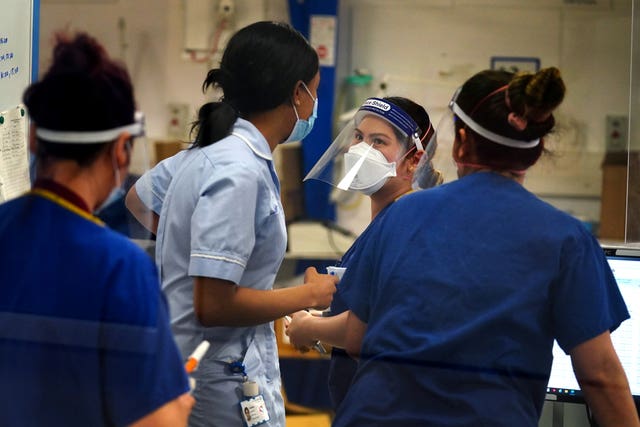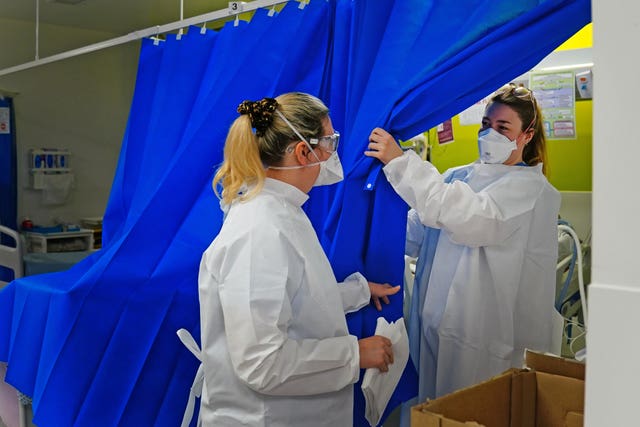The NHS would be worried less about money in the event of another pandemic, but rather their “resilience” and “capacity” to deal with it, the service’s boss in England has told MPs.
Amanda Pritchard, the chief executive of NHS England told the Public Accounts Committee that issues such as “the state of the estate” and pressures on intensive care and the workforce remain now as they did before Covid, telling the committee that concerns would “probably would be less about funding”.
She told the committee there was “an awful lot more funding available” for the service during the pandemic, as there were “not the usual processes” around finances and “rapid sign off” was made available in order for the NHS to get the cash it needed.

Ms Pritchard told the cross-party committee that during Covid “the Government were very clear … that the NHS would have the funding it needed to respond to the pandemic”.
This meant that there were changes in processes and budgets while the service was able to access funds with “rapid sign off”.
She told the committee: “The answer to the question what would happen next time is a bit dependent on what the arrangements would be next time, what the nature of the pandemic would be, what the nature of the financial arrangements would be.
“Some of the same constraints though I think … some of the same constraints that we had going into the last pandemic clearly we still have.”
She said that these included concerns such as “the state of the estate, the pressure on our workforce” and “pressures on intensive care both adults and children”.

Ms Pritchard went on: “If we did see the same again and the same financial arrangements were in place I don’t think we’d be worried about the money but we would be worried about a lot of the same things we were worried about last time around, our resilience, our capacity, our ability of our … workforce to step up again to deal with something as challenging as last time.
“But equally we’ve learned a huge amount since Covid and we have a lot now that we didn’t have which would enable us to be more resilient.”






